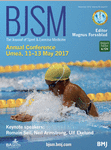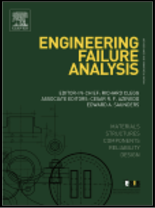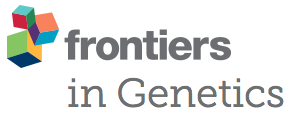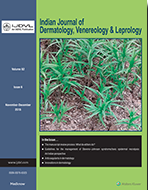 The authors of a 2014 study about asthma in Norwegian athletes have retracted it after realizing they hadn’t obtained proper approval from an ethical committee.
The authors of a 2014 study about asthma in Norwegian athletes have retracted it after realizing they hadn’t obtained proper approval from an ethical committee.
The study’s first and corresponding author of the study in the British Journal of Sports Medicine — Julie Stang from the Norwegian School of Sports Sciences in Oslo — told us the authors had struggled to obtain ethical approval for the research, but believed the issue had been resolved.
However, earlier this year, a member of an ethical committee wrote an article in the Norwegian press about his concerns regarding the study, which tested the effects of three drugs on top athletes’ breathing. In it, he said the Regional Committees for medical and health professional research ethics (REC) had not approved the study, as members were concerned the presumably healthy athletes were being exposed to drugs used to treat asthma, which could enhance their performance.
Stang has denied that the study had anything to do with boosting athletic performance.
Stein Evensen, the committee member who wrote the article, declined to comment beyond the published text. So we’ve gotten the kronikk article translated from Norwegian using One Hour Translation. It reads: Continue reading Authors retract paper lacking approval to study asthma in athletes







 Researchers have retracted their third paper due to missing original data, following an investigation at their former institution in New York.
Researchers have retracted their third paper due to missing original data, following an investigation at their former institution in New York. 